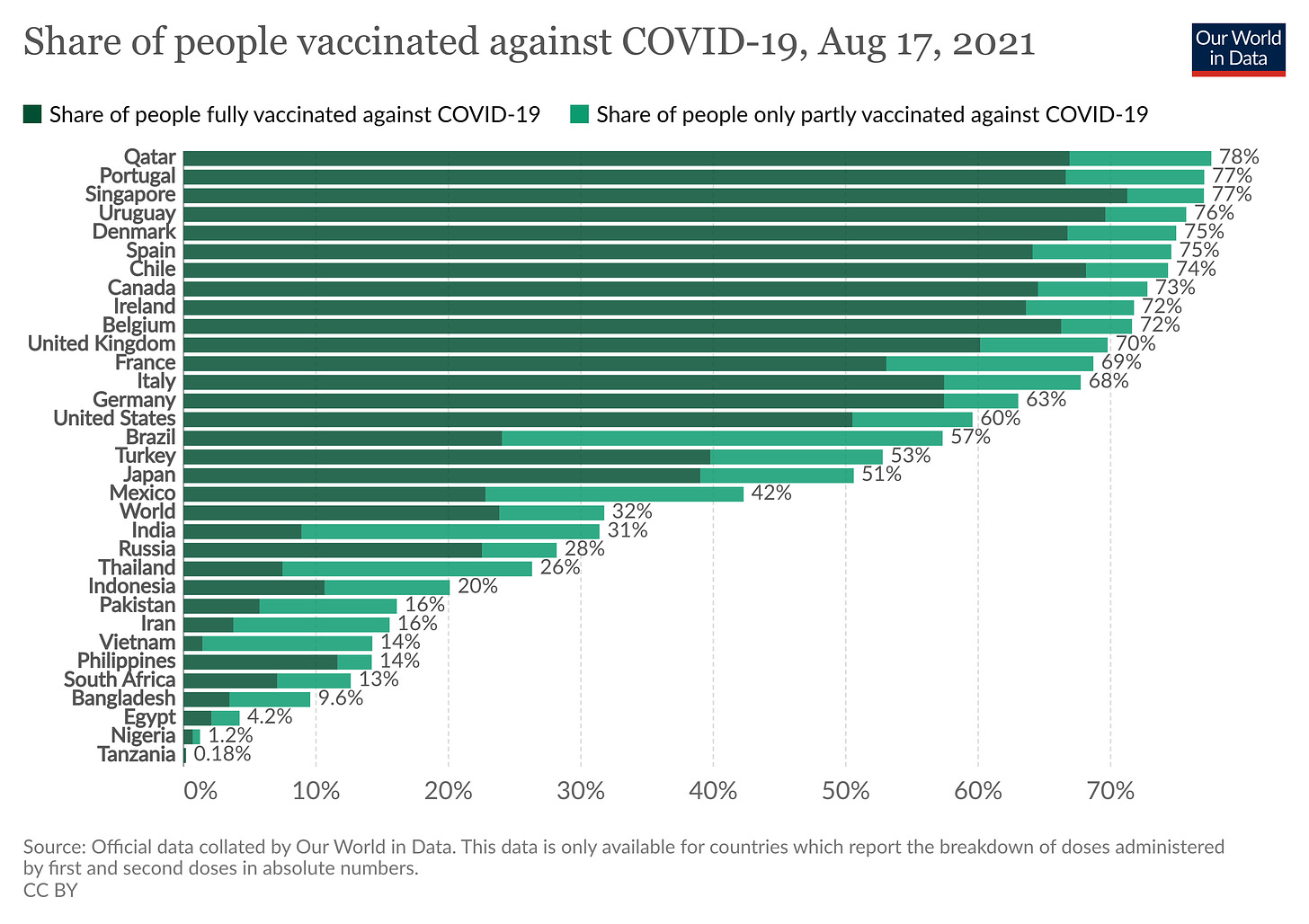COVID-19 booster shot plan announced
Delta surge pushed White House advisors to roll out booster shot plan; first boosters to be given in late September to those who got mRNA shots earliest; officials say unvaccinated still top priority
“In association with the dominance of the delta variant, we are starting to see evidence of reduced protection against mild and moderate disease…. For that reason, we conclude that a booster shot will be needed to maximize vaccine-induced protection and prolong its durability.”
This excerpt from a White House statement confirms what hospital data from around the country has shown in the past several weeks. Now, the Biden administration is putting its COVID-19 booster shot program into action. Most people should be able to get booster shots starting in late September.
“At that time, the individuals who were fully vaccinated earliest in the vaccination rollout, including many health care providers, nursing home residents, and other seniors, will likely be eligible for a booster,” according to a White House statement signed by the heads of the CDC, FDA, NIH and others.
The plan calls for booster shots to be given eight months after the second dose of either the Pfizer or Moderna mRNA vaccinations. Boosters for those who got the one-shot J&J vaccine are expected later — those shots didn’t start being given until March, about four months after the most vulnerable were given the mRNA vaccines.
Although announced by the White House and signed by the CDC director, the acting FDA commissioner and other top government scientific leaders, the plan still requires formal FDA authorization and publication of CDC guidelines.
“We have been analyzing the scientific data closely from the United States and around the world to understand how long (vaccine) protection will last and how we might maximize this protection. The available data make very clear that protection against SARS-CoV-2 infection begins to decrease over time,” said the White House statement.
Responding to criticism that the USA is rejecting the World Health Organization’s plea to hold off on giving third doses until more people around the world get first doses, the White House statement said that the supply of vaccine doses in the United States is big enough for both purposes. “We will continue to expand our efforts to increase the supply of vaccines for other countries, building further on the more than 600 million doses we have already committed to donate globally.”
As of the end of July, the USA delivered more than 110 million doses to other nations.




